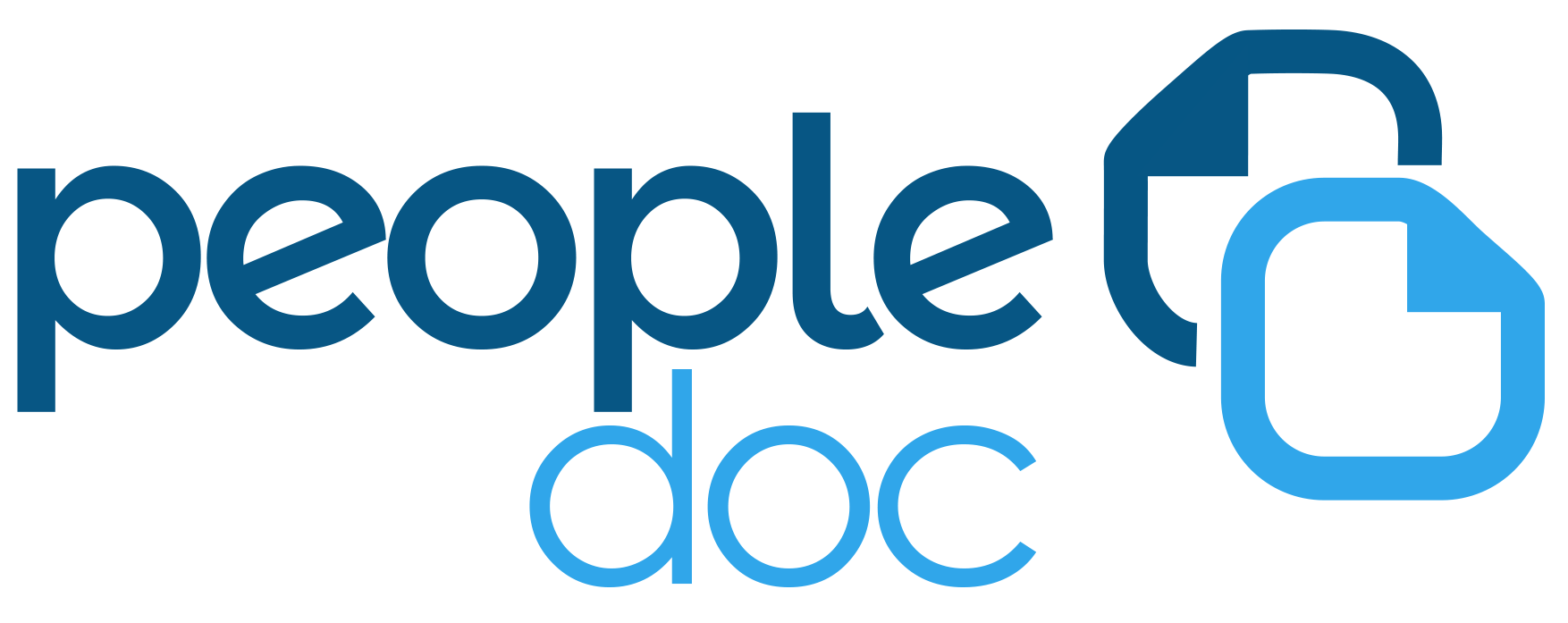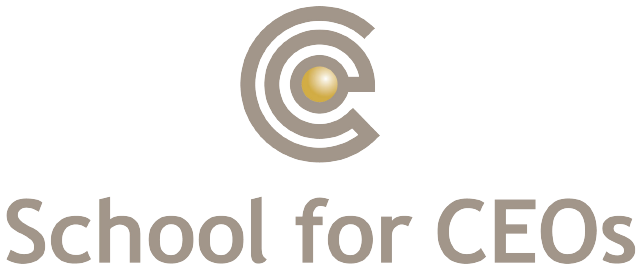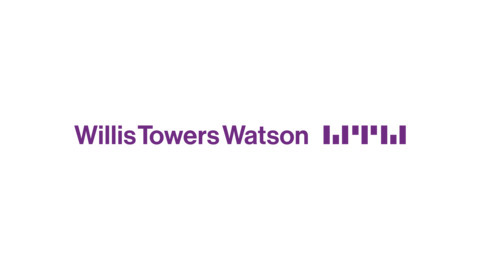One of the biggest areas of contention for many in HR has long been its role in shaping the strategic direction of a business. Departments like finance, sales and marketing are often seen to have all the significant metrics needed to guide the important decisions, while HR is left with ‘softer’ measures. While these are clearly vital to day-to-day operations, they are often not seen to have a long-term impact on the strategic planning that goes into deciding where a business needs to invest to secure its future success.
But as issues such as competition to attract and retain talented employees, engagement, and diversity become more vitally important to the overall success of any employer, the opportunity has grown for HR to stake its place at the top table. This has been boosted significantly by the advent of technology. Automation has allowed HR to streamline the way it handles many previously paper-based and time-consuming jobs. It has also allowed HR to generate all kinds of insightful metrics that help a business shape its future direction. So HR professionals now have the opportunity they’ve long cherished. Not only do they have more time to concentrate on the core people issues that affect the business, but more importantly they now have the reporting tools at their fingertips – tools that allow HR to ‘speak the language of the top table’.
Many of the core issues facing any business in today’s globally competitive environment are owned by HR. It’s highly likely therefore that HR will be tasked with providing the solutions. It’s a great opportunity, but just how ready is HR to take on this more active central strategic role? And what will it need to enable it to fulfil this strategic role effectively?
Having the right HR systems in place will, therefore, become more important than ever. Armed with the right systems HR will have the data and reporting structures it needs to identify any gaps the business should close. For example, are there skills issues holding back progress? What strategies can best be applied to close these gaps? Are there compliance issues the business faces? What benefits will accrue by streamlining current systems to drive greater efficiency and reduce costs? All of these not only have a positive impact on HR, but also on the wider shared objectives of every part of the organisation.
In all of these areas HR is going to play a vital part in building and shaping the overall business case for investment in better processes and technology. How else can HR deliver the right tools for the job? A job moreover that is now important to the overall strategic direction of the whole organisation. Because these are no longer investment decisions for HR alone – they affect the whole business. So this gives HR an excellent opportunity to drive, influence and shape those much wider investment decisions, provided they can create a compelling business case to the right stakeholders.
As a result, the business gets what it needs to drive itself forward with confidence, and the HR team finds itself centre-stage with a key strategic role. No longer a bit-part player, but now with a starring role in ensuring a successful future for the entire business.














